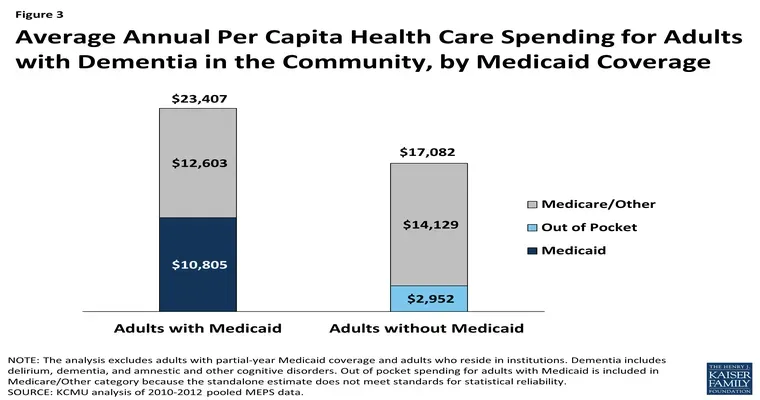Deciding whether to place a parent in "assisted living (AL)" or "memory care (MC)" can be an incredibly difficult and emotional choice. Many families find themselves grappling with feelings of guilt, concern, and uncertainty about what is best for their loved ones. If you are struggling with this decision, it may be time to consider an alternative option that could provide the care and support your parent needs while also allowing for greater flexibility and independence.
One option to explore is "in-home care". This approach allows your parent to remain in the comfort of their own home while receiving professional assistance tailored to their specific needs. In-home care can encompass a range of services, including personal care, companionship, medication management, and meal preparation. This solution can be particularly beneficial for seniors who may not require the full-time support of assisted living or memory care facilities but still need some help with daily activities.
In-home care offers several advantages that can ease the burden of decision-making for families. Firstly, it promotes "independence" and allows seniors to maintain a sense of control over their lives. For many elderly individuals, staying at home is a top priority, and in-home care can provide the necessary support without uprooting them from their familiar environment.
Another significant benefit is the "personalized care" that in-home caregivers can provide. Unlike larger facilities, where staff may be stretched thin, in-home caregivers focus on the individual needs of your parent. This tailored approach ensures that seniors receive the attention and support they require, fostering a stronger bond between the caregiver and the individual.
Additionally, in-home care can often be more cost-effective than placing a parent in an assisted living or memory care facility. Families can choose the level of care needed, whether it is a few hours a day or around-the-clock support, allowing for a more manageable financial commitment.
Choosing in-home care does not mean that you are dismissing the possibility of assisted living or memory care in the future. It can serve as a transitional phase, allowing families to assess their loved one's needs over time. This flexibility can alleviate some of the pressure that comes with making a long-term decision about senior care.
As you consider the options available for your parent, it is essential to evaluate their specific needs and preferences. Open communication with your parent about their desires and concerns can also help guide the decision-making process. In-home care might just be the ideal solution that balances their need for support with their wish to remain in a familiar setting.
In conclusion, if you are feeling overwhelmed by the decision to place a parent in assisted living or memory care, take the time to explore the option of in-home care. It can provide the support your loved one needs while allowing them to maintain their independence and dignity. Remember, the best choice is one that fits your parent's unique situation and enhances their quality of life.





